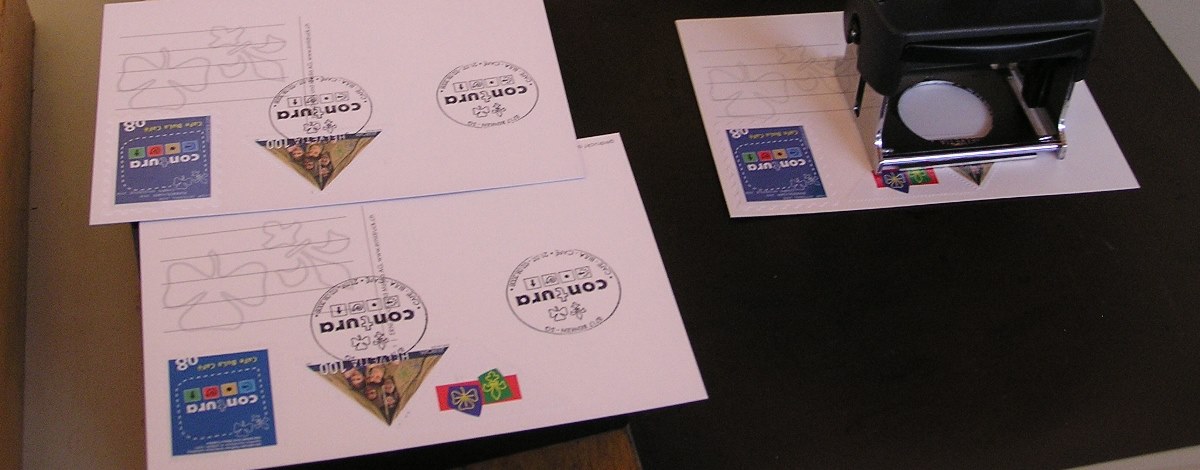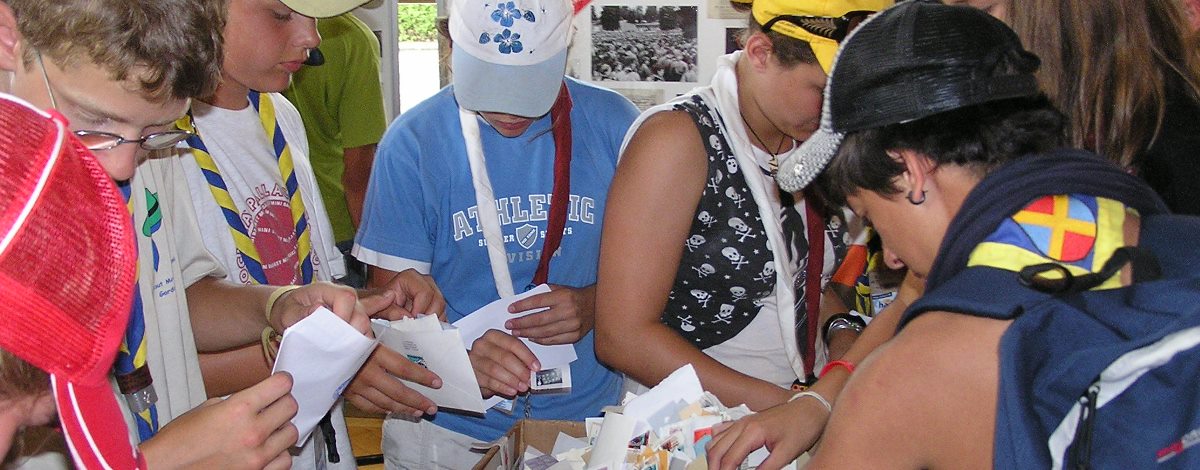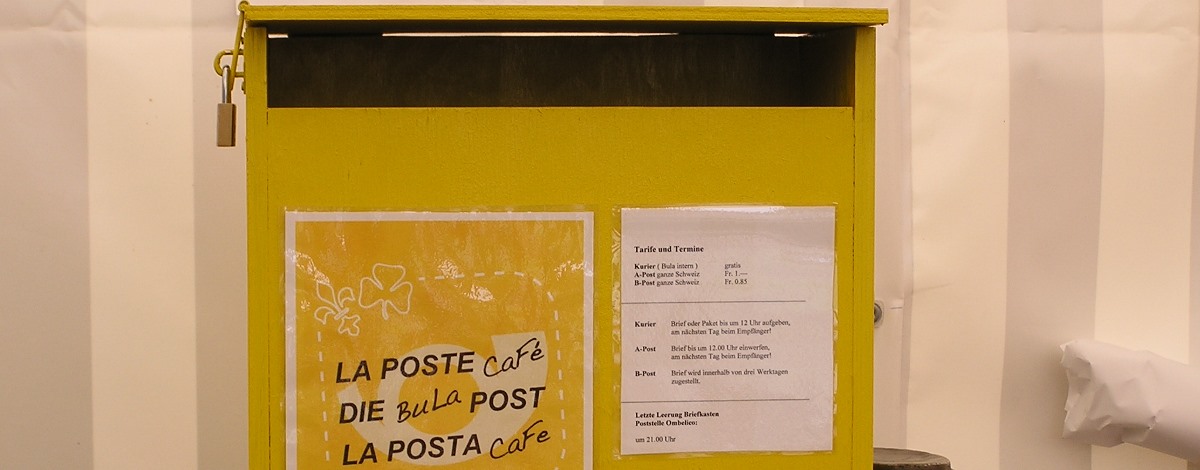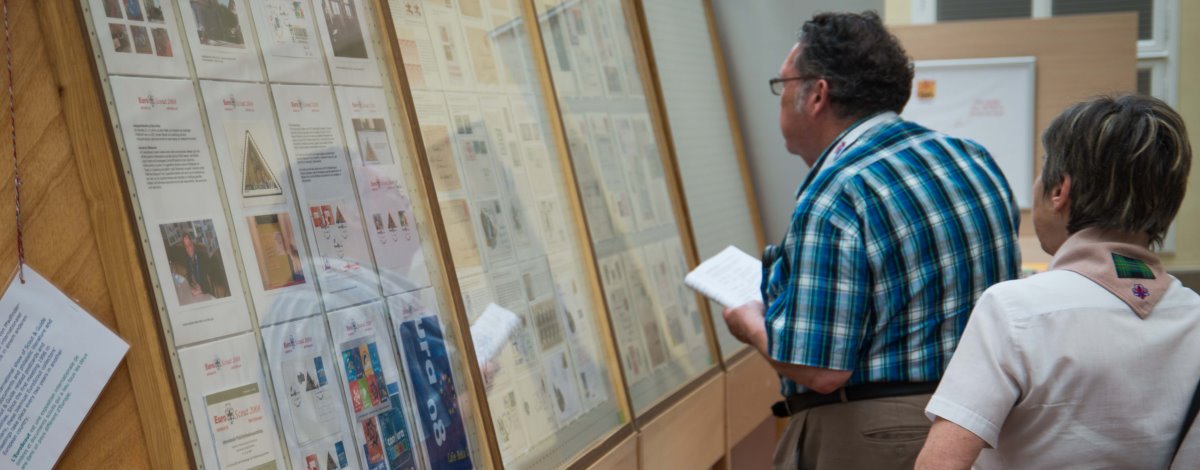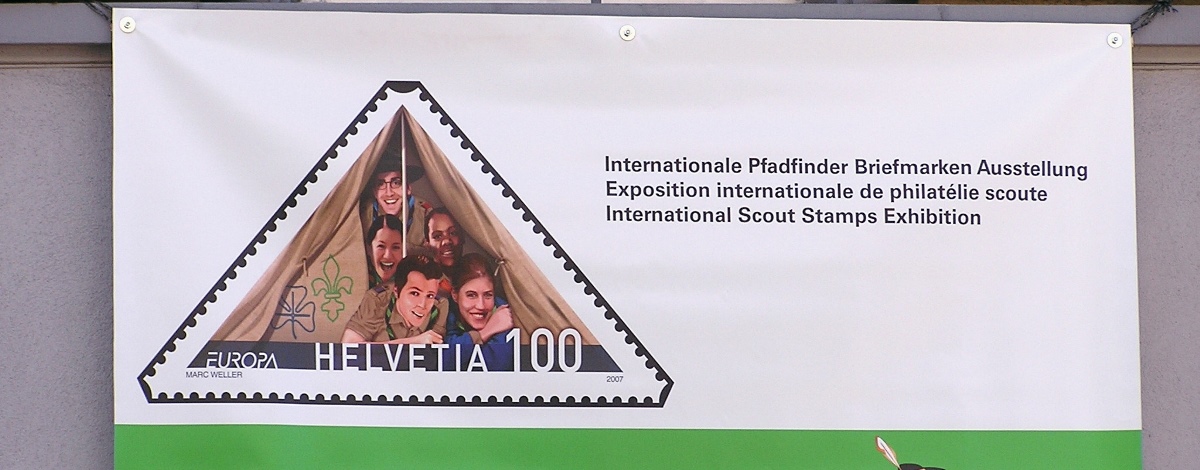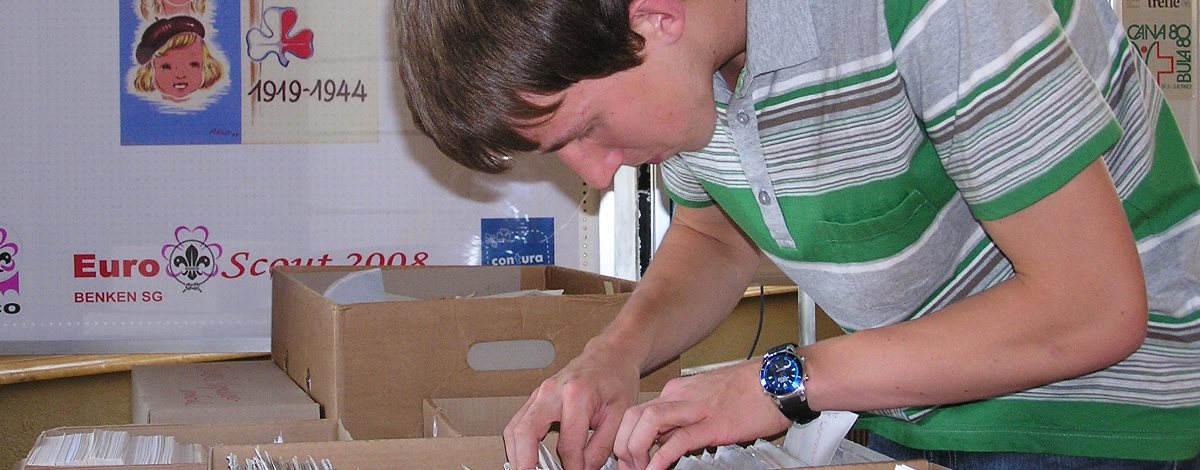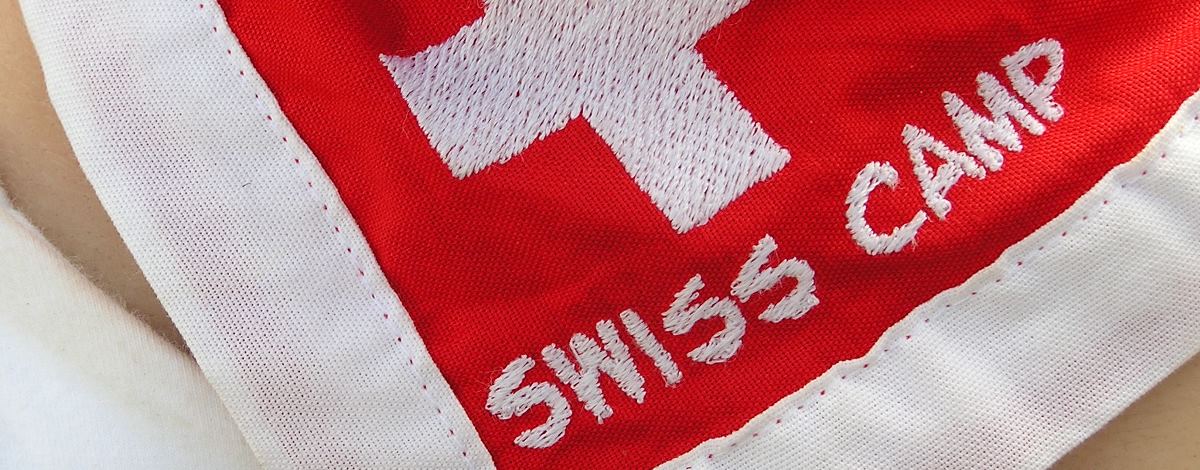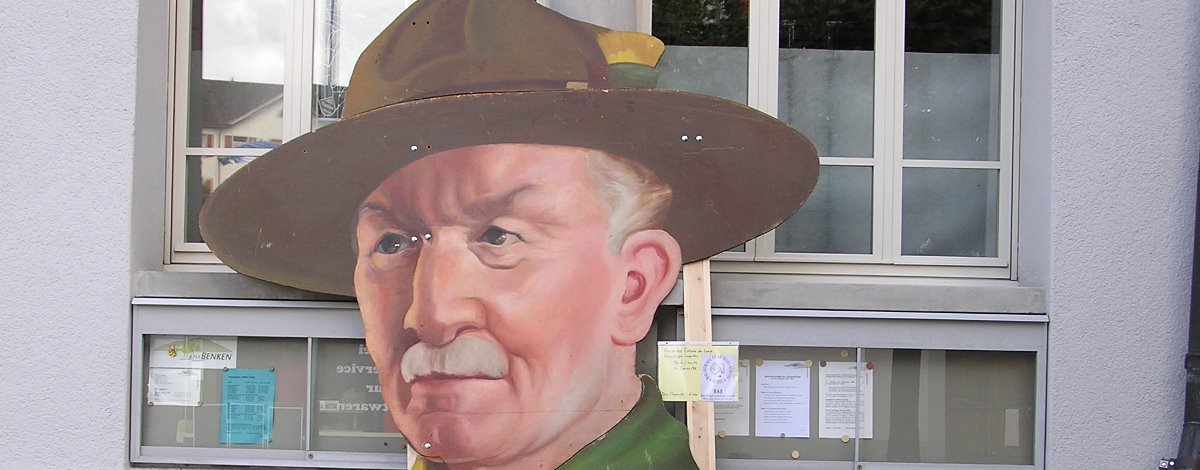The Pepsi-Cola letters in the 11th World Jamboree 1963 in Marathon, Greece
Picture
Pepsi letter, posted at the World Jamboree, special stamp at 4.5 Dr., cancelled with the camp's scooter postmark on 5.8.1963. The letter was written by a camp participant to his elders and reports on life at the Jamboree.
On the occasion of the World Jamboree, the Greek Post Office had issued a series of five stamps. The stamps used at the camp post office, a single-circle round stamp and a roller stamp with a single-circle crown and wavy lines, bear no notations referring to the jamboree.
Envelopes and writing paper with the jamboree badge and advertising from the Pepsi-Cola company with the words "The refreshment of friendship" and the "Pepsi-Giobe" were available to camp participants at the jamboree. Envelopes and writing paper were tucked into a brownish writing folder that also bore the Pepsi-Cola advertisement, the Jamboree badge and a drawing of a letter-writing Scout in ancient site. It is not known how many envelopes and sheets of paper were in a folder, but it was probably between 15 and 20. Where and how the folder was available is also not known. Envelopes used are not common, and it is even more difficult to find them with the writing paper as contents. This, although the market prices for them are not very high.
Picture
Writing case: front and opened with inserted envelopes and writing paper.
Picture
Pepsi letter posted at the Vatican on 17 August 1963 to Belgium. It is assumed to have been written by a jamboree participant on the journey home. (Source: Internet sale)
Pepsi-Cola and the "Pepsi-Globe
Pepsi-Cola was developed in 1893 by pharmacist Caleb Bradham in New Bem, North Carolina, U.S.A. Initially, he named the drink Brad's Drink in reference to his own name. On 28 August 1898, he renamed it Pepsi Cola. The name probably derives from the Greek 7tE'JIJ.S, pepsis, "digestion": according to one source by the enzyme pepsin, according to another by the medical term fiir
digestive disorder, dyspepsia. This was probably intended to suggest a health-promoting effect of cola.
The company had a very chequered history, changed hands several times and was on the verge of bankruptcy several times. The breakthrough came during the recession of the 1930s when the company established itself as a low-price brand by offering the product at the same price as Coca Cola, but in bottles twice as big, and by making it known through a massive advertising campaign.
The world-famous Pepsi logo, the "Pepsi Globe" was created in the 1940s when the U.S. was engaged in World War II. To mark support for the war effort, Pepsi used a new bottle cap with the distinctive lettering and red and white segments on a white background, the American colours. Pepsi launched major advertising campaigns in the 1950s and 1960s. The Pepsi Globe was modified and modernised several times. In the 1970s, the ornate lettering was replaced by a simple and bold 'Pepsi' shape.
bold 'Pepsi' shape. The basic features of the Pepsi Globe are still the unmistakable trademark of Pepsi Cola today.
Source:
(The majority of the information comes from Wikipedia)

